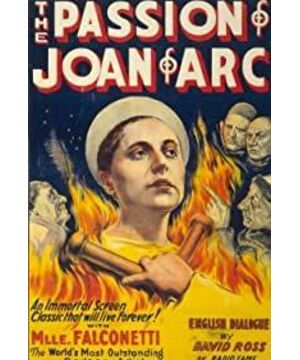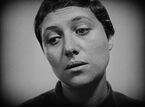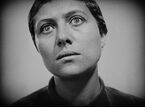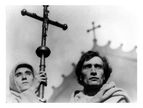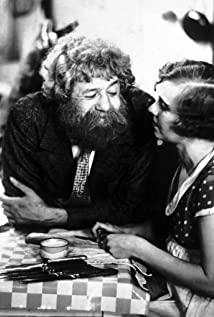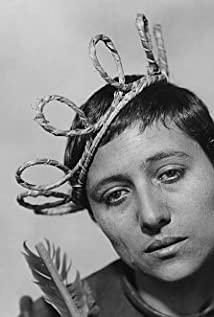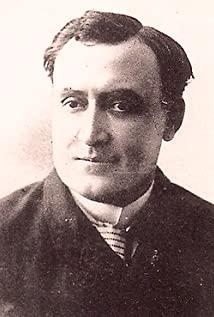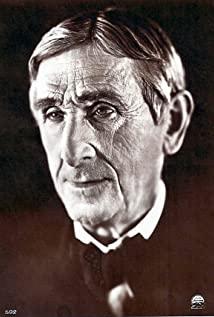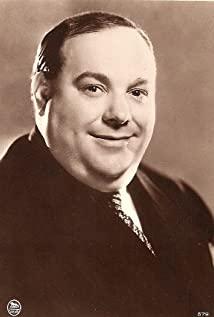What confronts it is not so much a group of people as it is a regime and a country. In the great powers of the Middle Ages, religion and politics have been combined. Religion has become a means of brainwashing and domination. The government has turned religious belief into a red tape, a standard for measuring whether people are willing to be ruled. Anyone who deviates from the official propaganda will be severely punished, and Joan of Arc has become such a victim.
What they are defending is not religious belief in the true sense, but the fear that “infidels” and apostates like Joan of Arc endanger their own interests. All of them were clever words, hideous and scheming, and persecuted an unarmed and illiterate woman to death.
This is a cruel story in itself. If we look at it with our current eyes, it may feel unbelievable. He was sentenced to fire for saying a few words that "dazzled the crowd". But in the context of the time, such a story might still be worth it. There are many. You can tell by looking at the questions that religious leaders ask every time. In fact, their understanding of religion is not so profound. They are not qualified to judge such a tough believer. However, the confrontation between personal will and national will has been the latter's prevailing since ancient times. Only when contradictions accumulate to the point where they are about to explode, can the former have a chance of victory. Of course, there is no shortage of people who dare to stand up and defend the truth, but there are too few such people, and they don't have weapons in their hands.
Joan was dead, and she prayed to God before she left. The desperate and lonely look in her eyes made people sad.
What the whole movie wants to talk about is the confrontation between true beliefs and false beliefs, the confrontation between individuals and the country, which is full of humanistic and political implications.
What makes the movie move us is not only the story itself, but also the wonderful presentation of the director and actors.
As an early silent film, it has no lines, and the key language is all presented in a full-screen manner. Many plots need to be captured through the actions and expressions of the actors. Fortunately, the use of the lens is appropriate. Nothing is superfluous. The montage lens freezes and enlarges the actor's performance. We can even clearly feel her subtle expression and eyes, and those villains The performance of the characters is also quite brilliant, especially in the scene where a few jailers molested Joan, the ugly face was fully expressed.
In the performance of the actors, the performance of the heroine Maria Fao Conneti can be said to be very superb. Through her facial expressions, she is sometimes full of hope and sometimes helpless. The rich changes allow people to be able to use only background music. Xia followed her deep into the story, which resonated emotionally, and was not artificial at all. It was very natural and admirable.
This film has a pivotal position in the entire film history. It is hailed as "the film with the greatest density of human souls in the history of film. Such a classic requires us to watch it carefully to see its taste and beauty. .
View more about The Passion of Joan of Arc reviews


